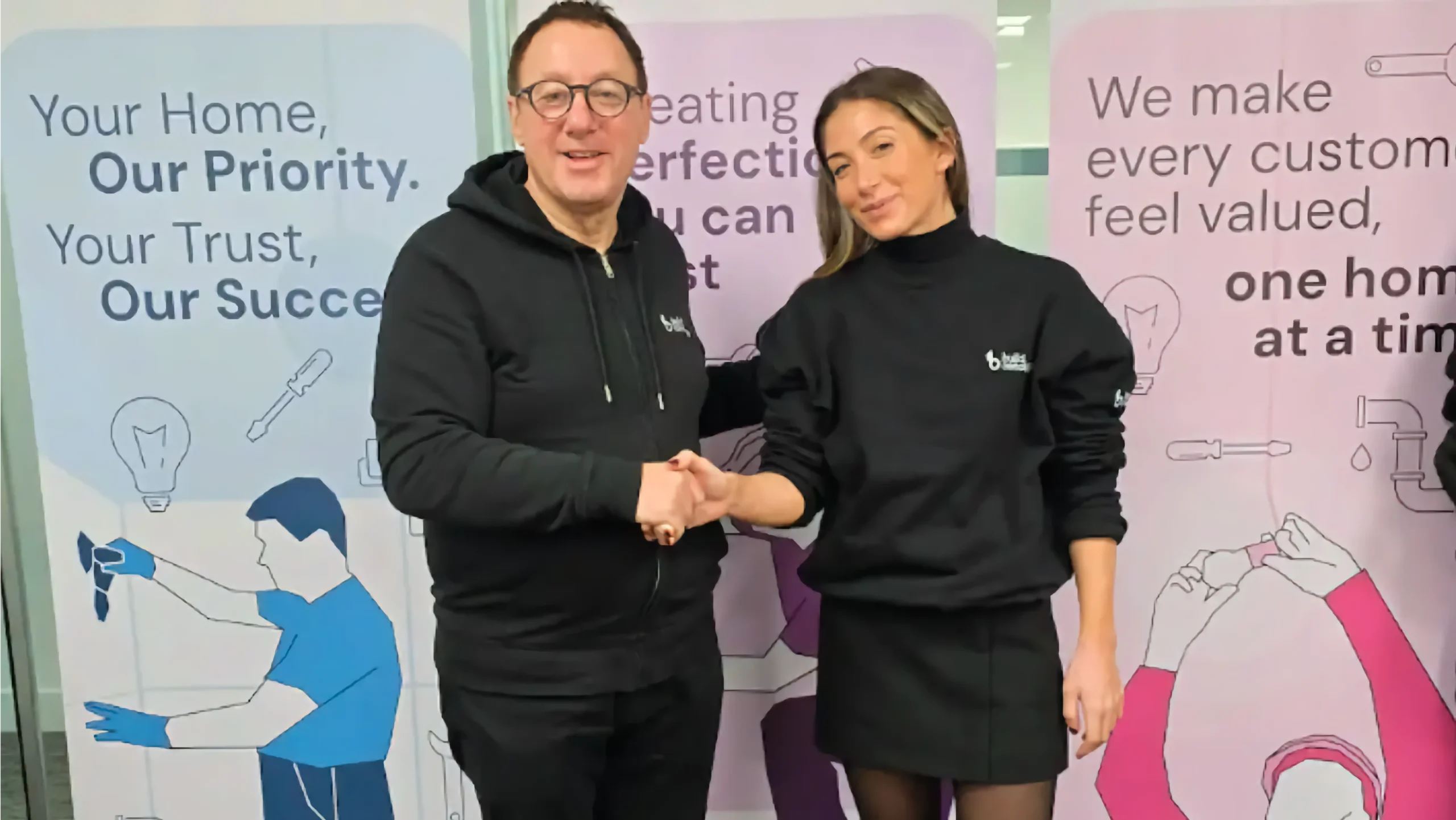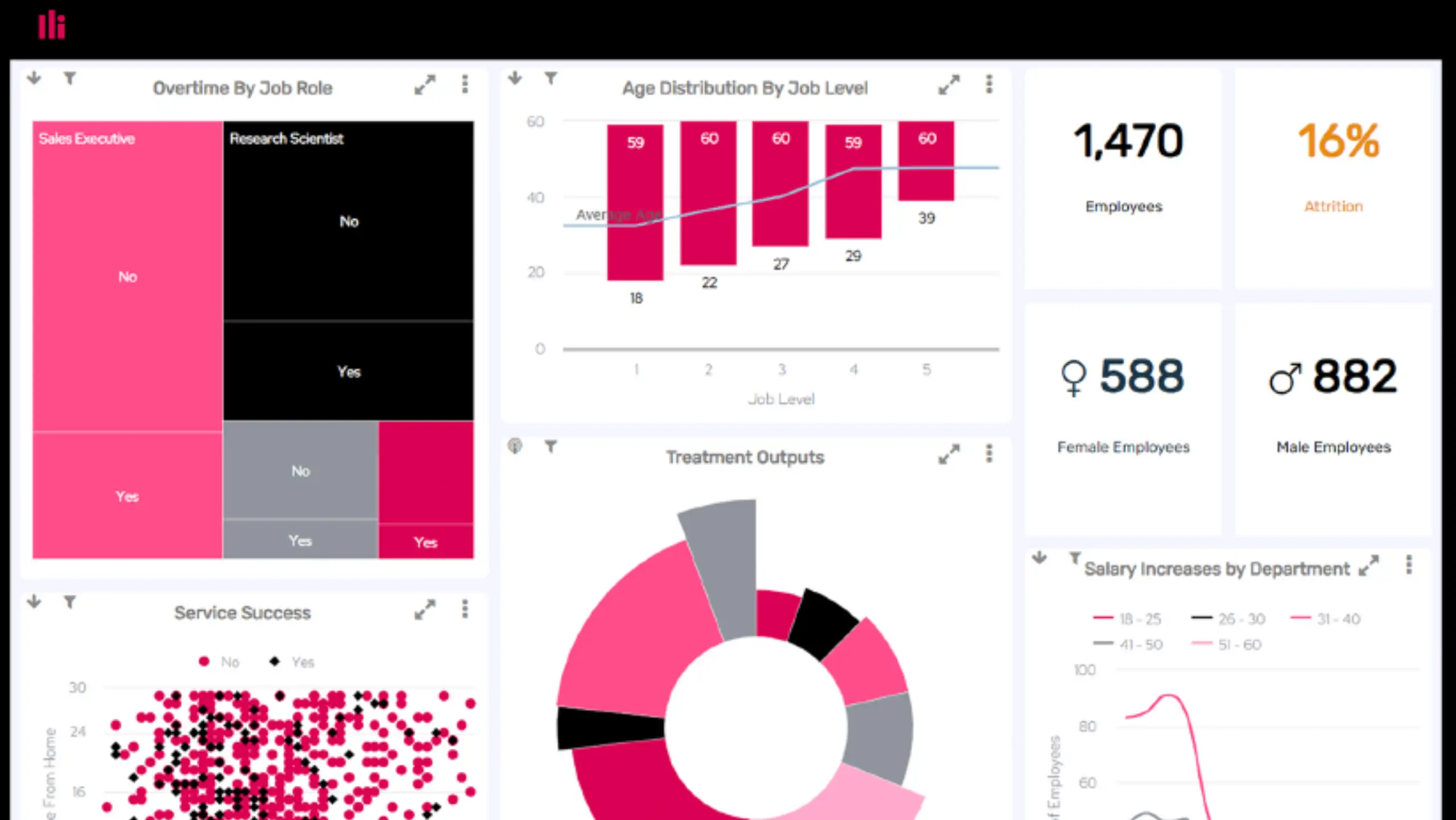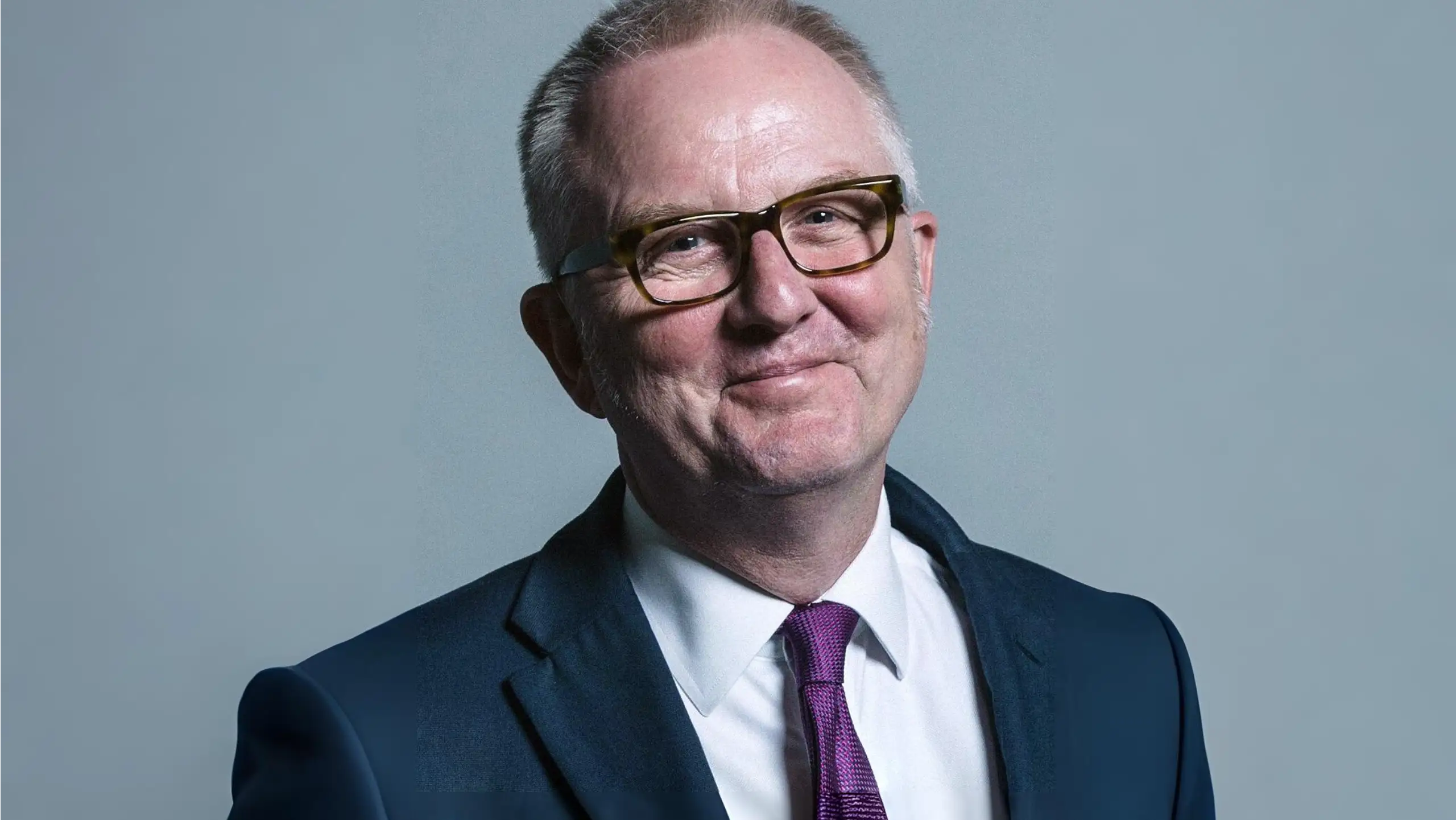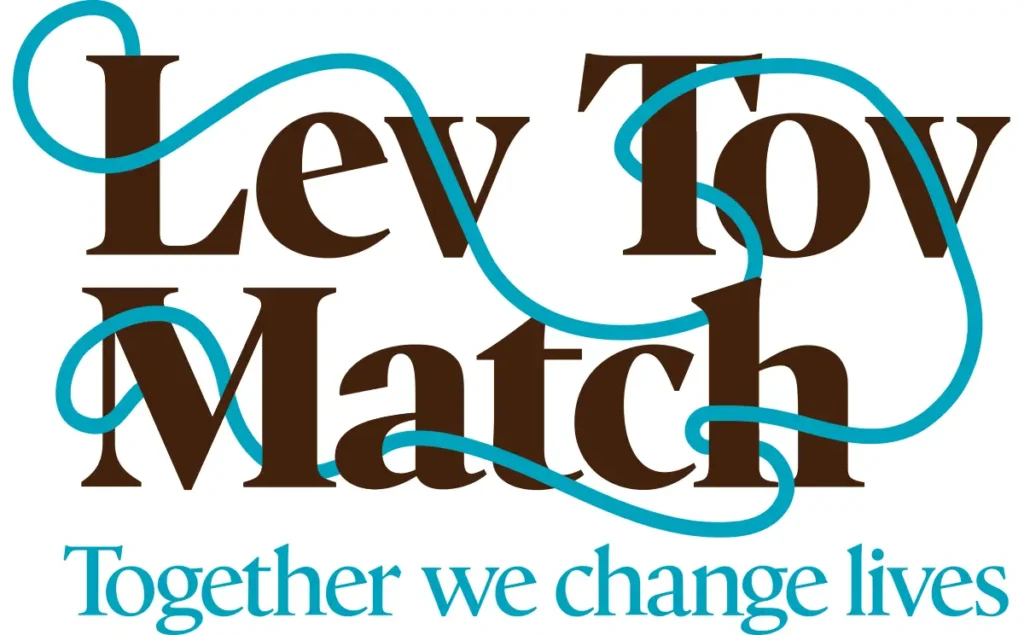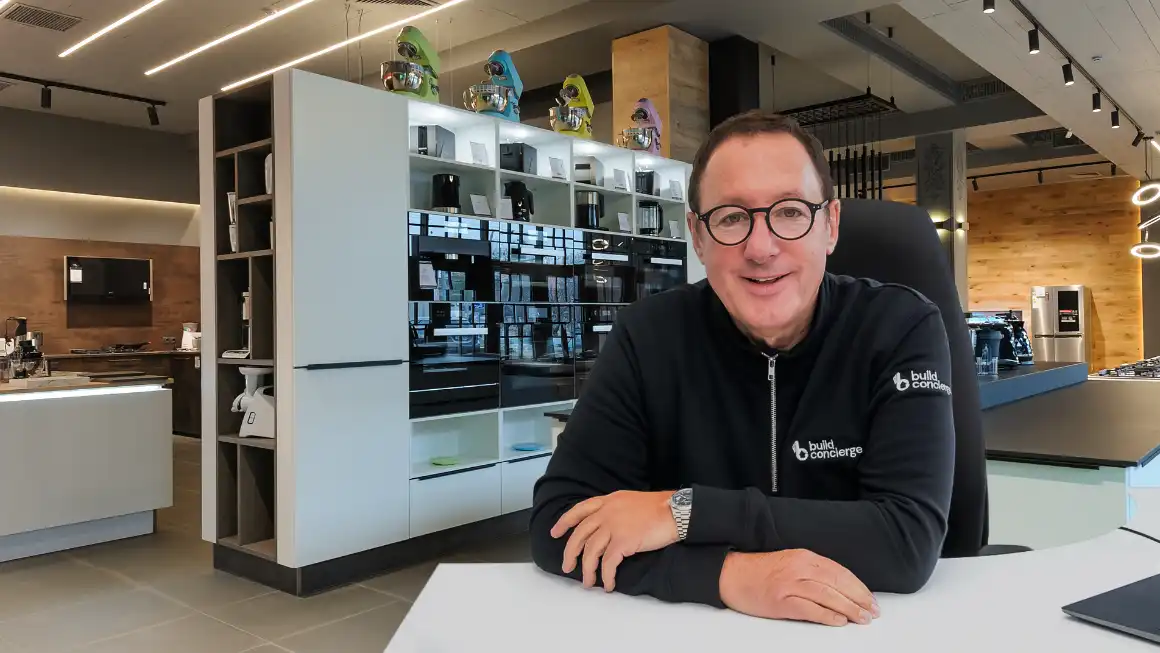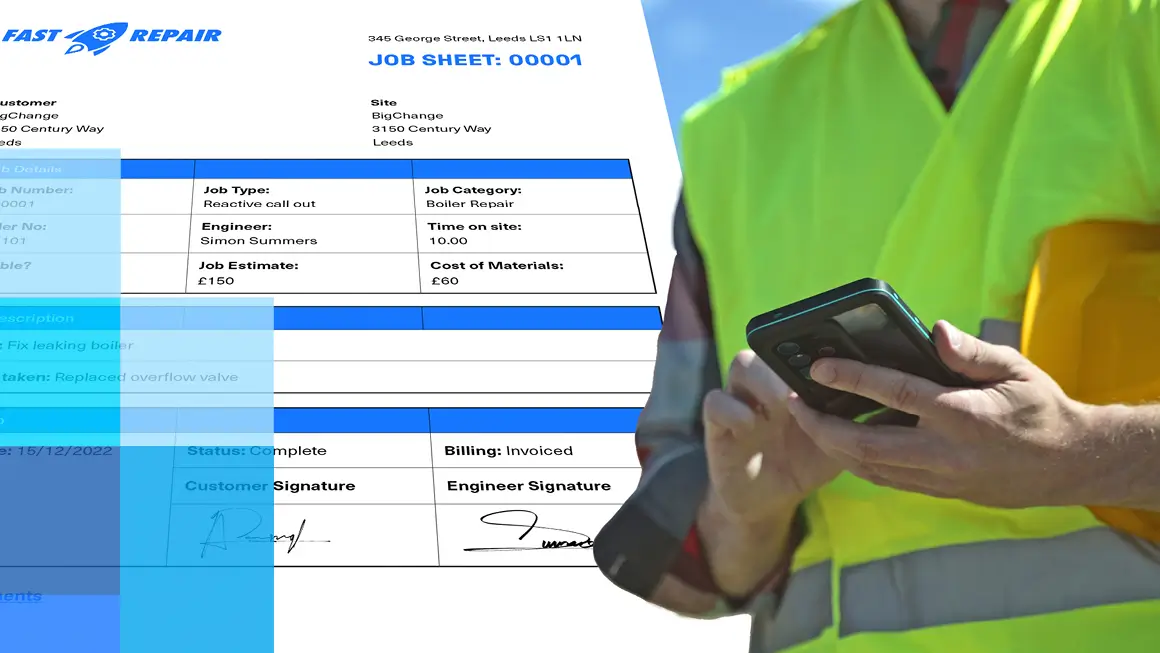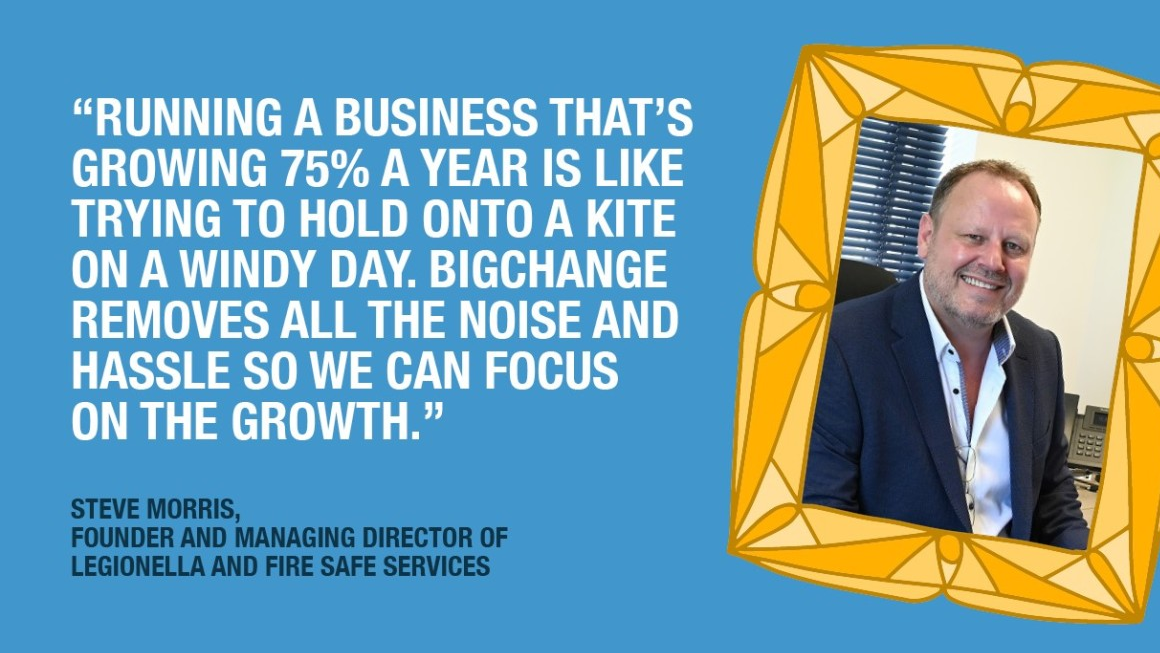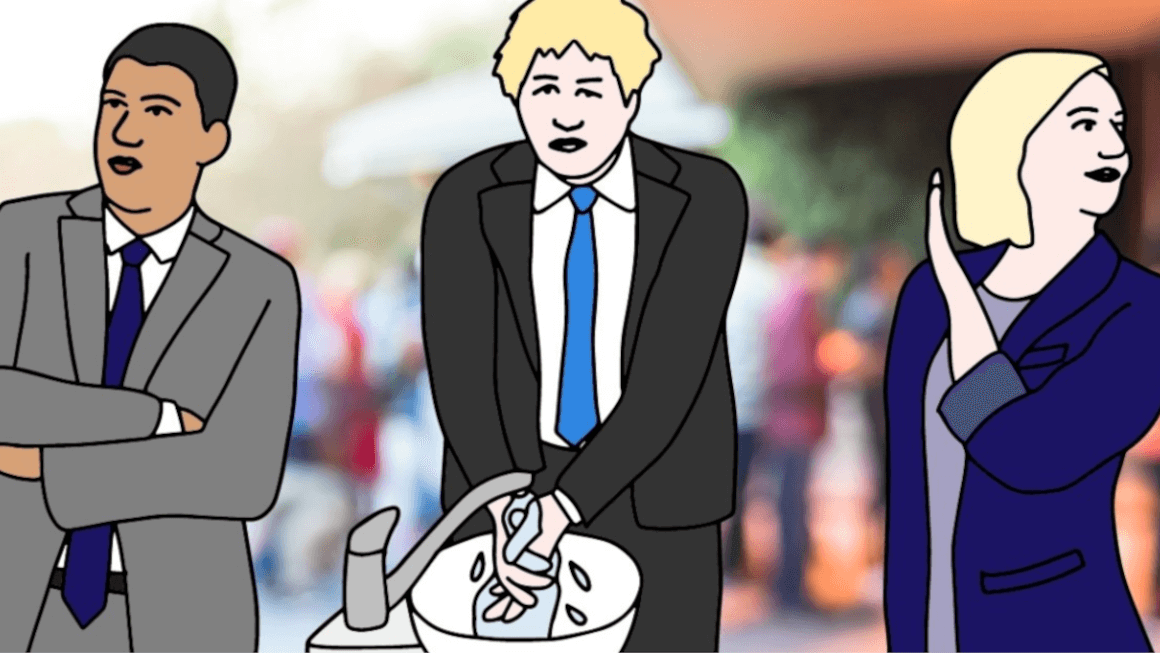LEEDS – July 17, 2025: Workers ditch traditional nine-to-fives in favour of inherited career paths
Holly Thallon Steenson never planned to have a career working for her mother. As a fresh university graduate, she was busy ploughing her own furrow in life, going on to work for events agencies. “I really enjoyed the hustle and bustle,” she says. “But something was missing.”
When the first lockdown of 2020 hit, she moved back home, and the events industry moved online – which was “deadly dull”, she says. Thallon Steenson, now 29, wrote down the things that mattered to her in an attempt to figure out her next step.
“I wanted variety – for no two days to be the same. I wanted to feel passionate about my work, and to feel like I was making things happen, and I really wanted to do more philanthropy, helping charities that aligned with my ethics and concerns about the environment,” she says.
Her perfect job, she realised, could be found working at her mother’s business, Viridian Nutrition, an ethical vitamin company. “I always joked that Viridian was my little sister, born four years after me, and her favourite child!” she says.
Cheryl Thallon founded the company in 1999 and, as a youngster, Thallon Steenson was swept up in the business, answering phone calls and handing out samples. “I walked into mum’s home office and I asked to talk to her about joining Viridian,” she says.
Coincidentally, Cheryl – then 60 – was in the business growth programme at Cranfield University, where she was being quizzed about her exit strategy. “I remember her laughing. She had been hoping I would ask to join!”
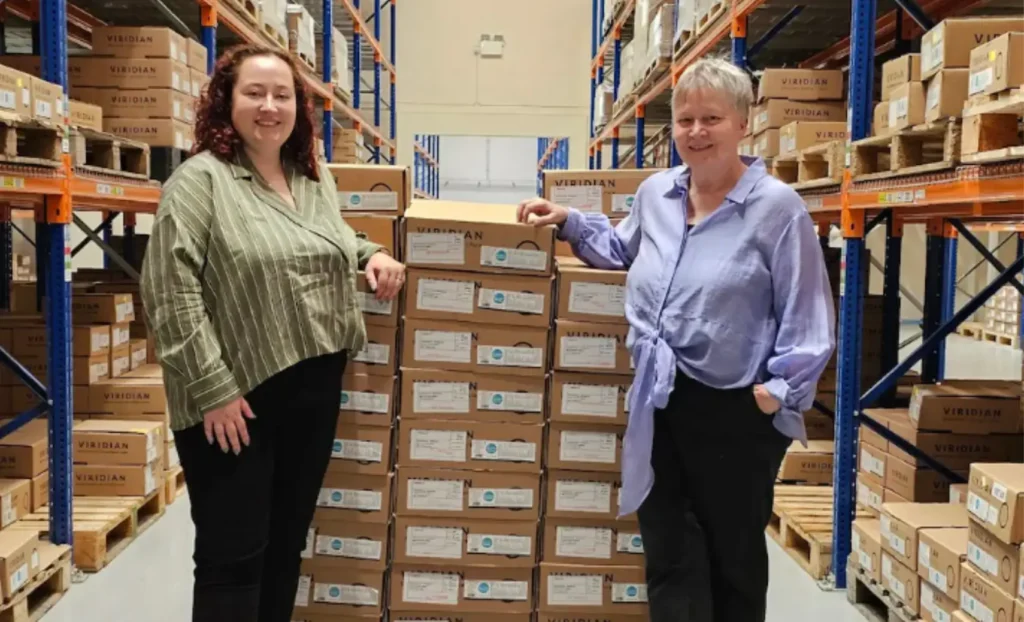
Many sons, daughters and family members are now coming to the same conclusion. Back in 2017, Direct Line published research warning that family businesses were in crisis.
It found that 29pc of UK family business owners worried their business would die once they hit retirement age – a third cited lack of interest from the next generation as the reason. A worrying 20pc thought that no family business would exist in future.
However, new research published by the insurer last year shows that small businesses are very much a family affair once more. It found that 41pc of small and medium-sized enterprises (SMEs) now have family members working in the business, up from 28pc in 2017.
Family business has a lot more brand cachet today than in previous years, according to Fiona Graham, chief operating officer at Family Business UK, which represents the sector.
“There is no proper research into this as yet, but there has definitely been a shift in the past 15 years in terms of next generation perceptions of the family business,” she says. “They really value their authenticity. There are too many organisations out there where people feel disposable.”
With unemployment rates rising to 4.5pc in the first three months of this year, according to the Office for National Statistics, and job vacancies down 5.3pc compared to the previous year, it’s no wonder family firms are increasingly attractive.
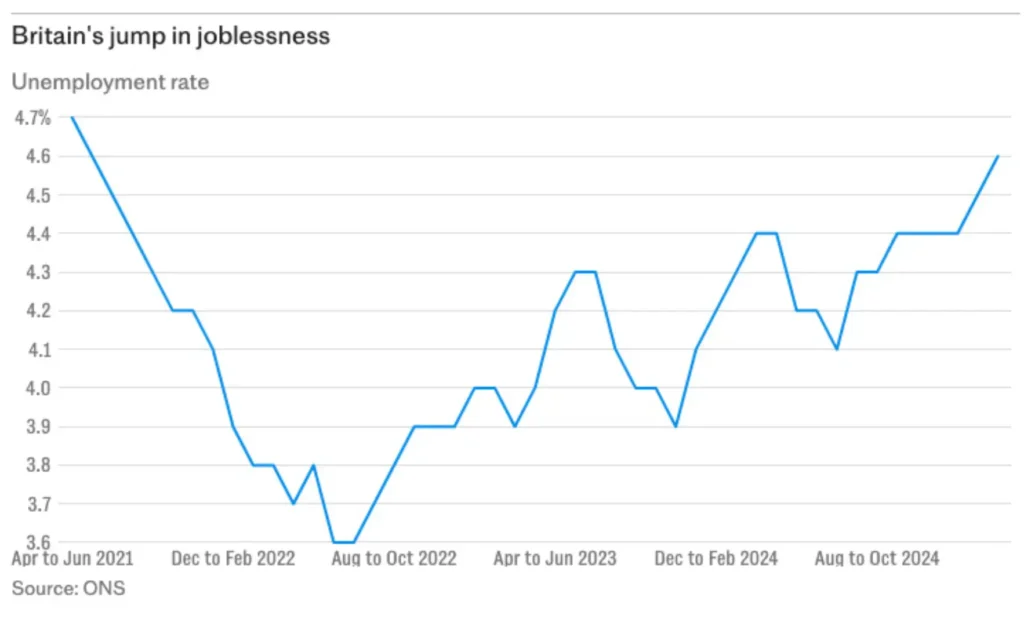
“Family businesses show strong resilience in times of political and economic uncertainty,” comments Hayden Bailey, partner and head of private wealth at Boodle Hatfield, who advises family business owners on succession. “They take a long-term view, which may be encouraging to the next generation.”
In 2020, Bailey published research showing that family businesses tend to outperform the FTSE 100, generating higher revenues and reinvesting more into the business. “We plan to revisit the research and expect a similar outcome,” he says.
‘Working with my family makes me stronger’
Lola Wind, 27, was ambivalent about joining the family business. Her father, Sebastien Wind, who trained under Gordon Ramsay and Marco Pierre White, started Comptoir Bakery as a stall in Borough Market in 2010.
“My earliest memory of my father was that he smelled like cake,” she says. “We helped out when we were kids, giving customers change at the market.”
After graduating with a degree in hospitality from the University of Surrey, she took a job at Comptoir. “I was 19 and managing four people,” she says. “I loved it but I wanted to travel, and didn’t want the pressure and responsibility.”
Wind left to go backpacking, and spent the next two years working short stints at various companies – first moving to Paris to manage marketing for a fashion brand, then moving into crypto marketing, until finally she was headhunted by a millionaire who needed a personal assistant.
“I ended up running his life,” she says. “You can only do a job like that when you’re young or don’t have a life of your own. He’d wake me up with a text at 4am asking me to send flowers to someone. I had no boundaries because I was scared of losing my job.”
The prospect of managing a team at her father’s business was suddenly less daunting. Then her older brother, Quentin Wind, made her an offer she couldn’t refuse.
“Quentin has been in the business for a while and he opened our café in Southwark Cathedral two years ago,” she says. “There are loads of event spaces in the building, so he asked me to come and build an events business from scratch. I felt that it would be fun and freeing after spending so much time travelling, and being unable to see my partner.”
Wind has been working full-time with Comptoir for two years, managing up to 30 events a month and building the external catering business. The Wind family has also created a new bakery school together.
According to Bailey, she’s a typical example of a next generation who has embraced the opportunity to build a new venture within the family firm.
“We see more interest from the next generation when they can have a significant level of control or influence within the family business,” he says. “If the next generation can put their own stamp on it, that’s very attractive.”
“I’ve built a standalone profitable business,” Wind adds. “It’s still stressful, but healthy stress. Working with my family makes me stronger and the only limits are the ones I set myself.”
‘I’d rather put my all into something family-owned than work for someone else’
“It wasn’t that I didn’t want to work with my dad, it was more that I had my own passions,”
says Leah Port, chief marketer at Build Concierge, the customer engagement software start-up launched by her father, the serial entrepreneur Martin Port, in 2024. “I have always loved fashion and my dad was always in business technology.”
Now 29, Port built a successful career in the affiliate marketing industry, most recently running European and UK operations at the digital beauty giant, Lookfantastic. Over the past decade, her obsession with understanding what customers want, and immersion in marketing technology, meant that the Venn diagram of her and her father’s interests finally collided.
“When my dad sold his last business and started talking about a new venture, I saw an opportunity to use my experience and learn from him.”
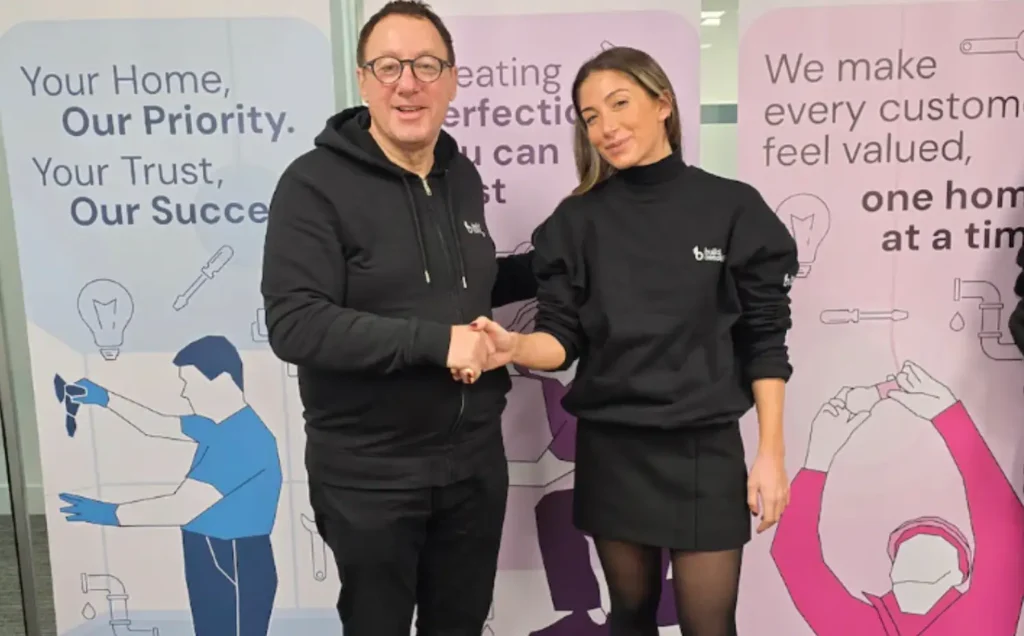
Leah Port further commented:
‘When my dad sold his last business, I saw an opportunity to use my experience and learn from him,’
Like Wind, she was galvanised by the prospect of leading her own team and having autonomy within the business.
Leah continued:
“I have spent a lot of my career working long hours and a lot of weekends,”
“I was ready to be part of a start-up and I would rather put my all into something family-owned than keep working for someone else.”
Port’s father, whose previous venture BigChange was sold for more than £300m, never pressured his daughter to join the family businesses.
Martin Port commented:
“I could see how brilliant she was, and saw glowing references from her managers,”
“When we were talking about finding a head of marketing, it was a no-brainer. It’s a very hard role to fill, so we were lucky to get her. If she wasn’t so talented, I never would have taken her on.”
Like many first-generation founders, succession planning wasn’t initially a priority.
Martin continued:
“I was always head down, busy building my business,”
It was only when he had a heart attack last year that he started thinking about empowering the next generation.
Martin concluded:
“When you reach 62, you think about legacy.”
‘I’m not in it for the money’
Financially, joining the family firm isn’t necessarily more lucrative, but there is more job security and the opportunity to take shares in the business.
“I moved over on the same salary but I have equity in the business,” says Port. “My dad didn’t pay himself at all when he started his previous businesses. It’s not about money. We are completely focused on making this business a success.”
As a personal assistant, Wind worked for less than minimum wage, “if you counted all the hours I worked”, she says. “But now I have a normal salary – anybody doing my job would be paid the same.”
Wind has the opportunity to become more invested in future. “I’m not in it for the money. It’s more about the joy of being in the family business and working on my own part of it.”
Thallon Steenson took over as managing director at Viridian in 2024 after three years working in the business. That year, turnover rose 16pc to £13.1m. Her salary remained the same when she first joined.
“I wanted to achieve something before I took a step up financially,” she says – but her pay has since risen in line with the success of the business. “Money was never my mum’s primary driver, and it’s not mine either.”

Thallon Steenson and her mother were advised on succession by Family Business UK. She has now taken on the role of managing director, while her mother is still an adviser to Viridian. “We wanted to make sure the whole team and our customers were on board, but everyone was thrilled,” she says.
Since joining Viridian, Thallon Steenson has been able to focus on her passions: helping independent stores to grow, supporting charities and pioneering innovation. “We’ve launched the Viridian Training Academy and a new ionic magnesium supplement,” she explains. “And next year we’ll hit £1m in charitable donations.”
Despite the advantages that joining a family business can bring, recent changes to inheritance rules may scupper the current trend.
“It’s made succession planning more complex and financially burdensome,” says Thallon Steenson. “For the next generation, I do think these changes might cause some to hesitate, especially when weighing up a career in a family business versus a more straightforward path elsewhere.”
“It hasn’t changed my own commitment at all,” she continues. “The motivation to be part of something with history, purpose, and emotional significance still far outweighs the challenges. The sense of building on what’s come before while leaving your own mark is incredibly powerful.”
